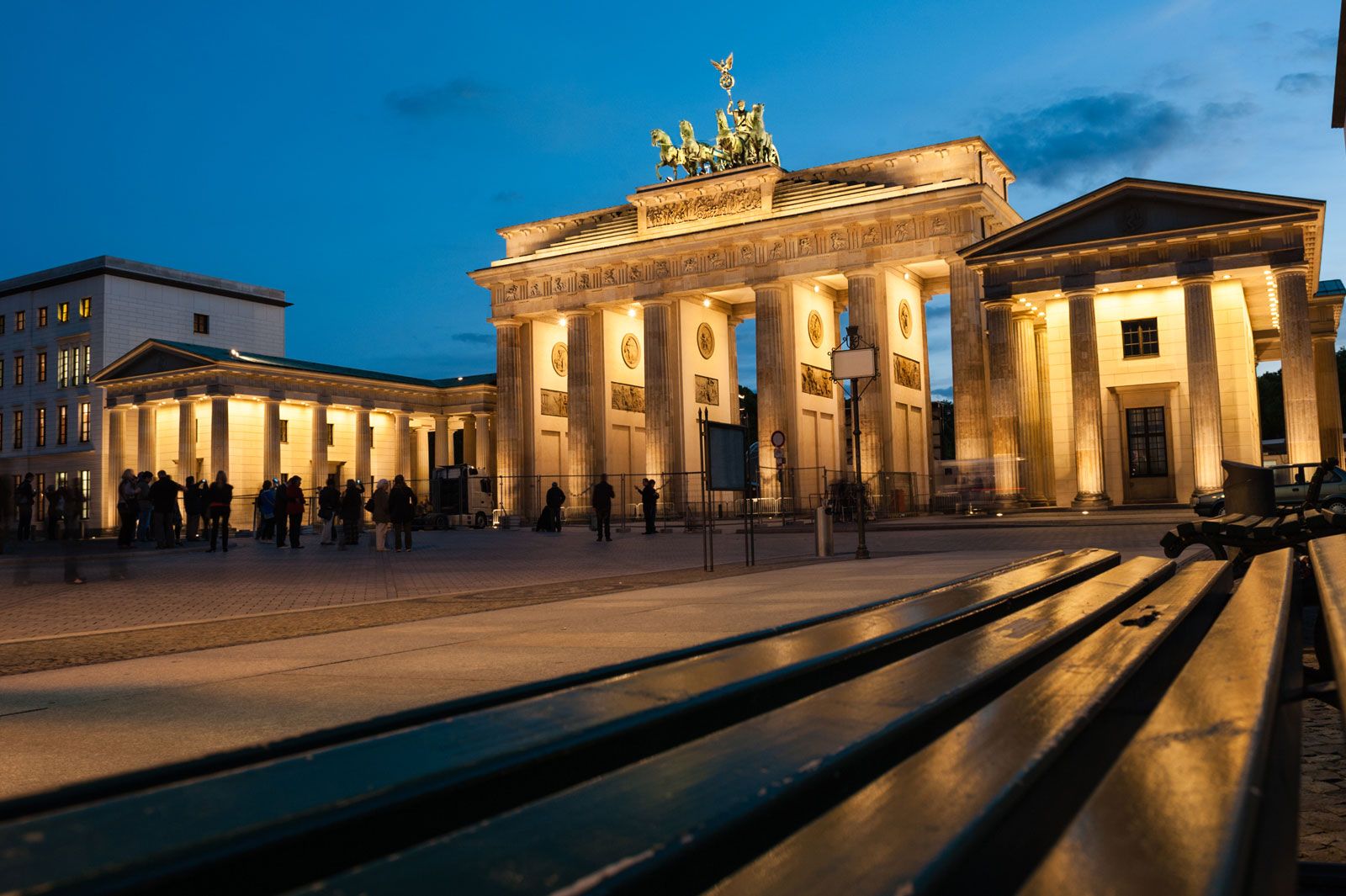
Damien O'Reilly
EU Affairs and Communication Manager, ICOS
Letter from Brussels - February 2024

The Irish Farmers’ Association (IFA) were once masters of the protest and in January 2003, then president, John Dillon, led 3,000 tractors driven by farmers from the four corners of the country to Government buildings. They were protesting about low incomes and budget cuts.
The German protests are in a similar vein. Proposed cuts to tax breaks prompted the German Farmers’ Association, the DBV, to lead angry farmers onto the streets of Berlin which forced the Government into somewhat of an about turn on some of the cuts. European farmers have never been shy when it has come to protesting, with the French most renowned for their very militant tactics.
Since 2019, Dutch farmers have protested Government plans to literally shut down livestock farms. The offshoot of that anger was reflected in the ballot box last year with the election of the Farmer-Citizen Movement party, the BBB, founded in 2019, to become the lead party in the upper house of parliament in provincial elections.
In the November general election, their vote was just over 4.5 per cent and they won seven seats, an increase of six on the previous parliament. As the EU elections approach in June, poll watchers are carefully analysing the possible make-up of the next European Parliament. The continuing narrowing of the middle ground and growth in nationalist sentiment in several member states points towards more MEPs aligning with the more right-wing groupings in Brussels and Strasbourg.
This has led to carefully crafted commentary from some quarters linking farmer protests with far-right populism and suggestions that the European Green Deal will be under threat if there is a strong right-of-centre coming together in the new Parliament. The blurring of the lines between farmers protesting for their rights and other non-farming populism seems deliberate to drive a wedge between European farmers and their traditional political allies.
Protesting farmers is nothing new; it goes back decades. The rise in the sort of anti-immigration, anti-lockdown protests and groupings is a more recent phenomenon. The rights of farmers to defend their livelihoods should not be confused with far-right ideology. You can be guaranteed that most protesting farmers are only interested in protecting their incomes and nothing else.
Delivering the aims of the European Green Deal will continue to be a priority during the lifetime of the next EU parliament, particularly as outgoing Commission president, Ursula von der Leyen, is likely to be reappointed. Her top priority will continue to focus on reaching carbon neutrality by 2050. On that journey there will continue to be hard decisions facing all of us, and farm organisations have a duty to represent the views of their members as part of the dialogue which is central to all decision making from public consultation stage to legislative publication.
And they should be allowed exercise this fundamental democratic right, as they always have done since the establishment of the Common Agricultural Policy over 60 years ago without being accused of populism.






